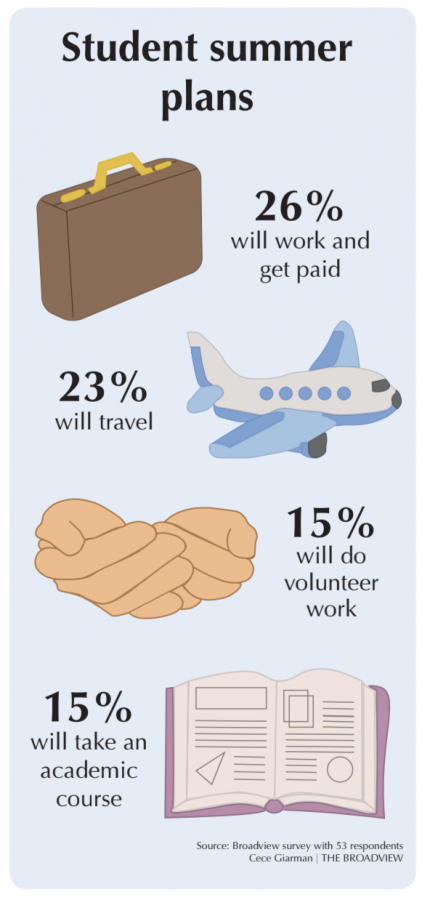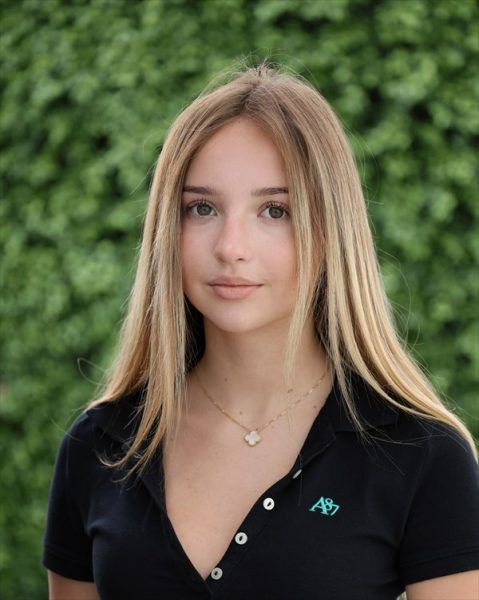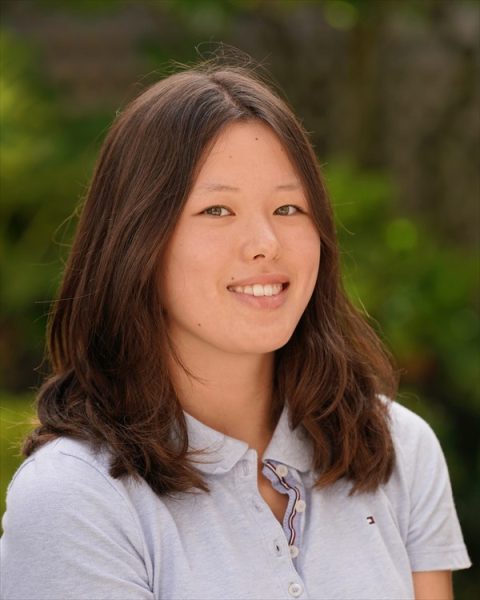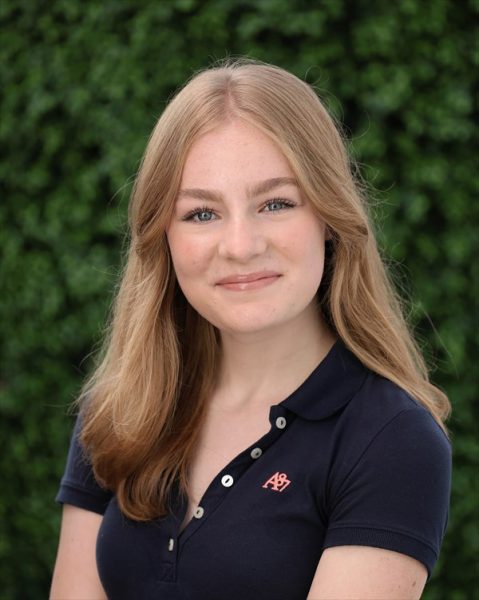Time to explore
Summer offers space for work, service, courses.
May 24, 2018
From volunteering in the local community, taking summer school courses or further developing a talent, summer break provides students with an opportunity to expand their resumes and explore their interests.
“Summer is a great time for students to investigate their interests and figure out what they may what to pursue in their future,” college counseling director Rebecca Munda said. “There are no specific requirements or expectations — it is really about the student’s authentic interest.”
Students such as sophomore Ari Levine plan to use their summers to develop interests they pursue in the school year. Levine, who performs with the City Ballet School of San Francisco, will participate in an eight-week intensive dance training over the summer, which will include classical repertoire, partnering, jazz, character, stretching, and contemporary dance.
“This intensive program allows us dancers to stay consistent with our training over the summer while also getting stronger and more exposure to different styles of dance that we would not normally have time to cover during the regular year,” Levine said. “Although tiring at times, it’s an amazing experience because we also have dancers from the Bolshoi Ballet come and work with us.”
Summer break also provides time for students to volunteer at non-profit organizations and engage in service, according to Service Learning Director Ray O’Connor.
“When it comes to service and service engagement, I think it’s really critical that students be involved in their local communities,” O’Connor said. “Students tend to have time, energy and inspiration to offer people and aid the community. If service is done all the time, it can become a lifelong commitment.”
Sophomore Lauren Barrabee, who competes with the North Bay Aquatics swim team, is planning to be a swim instructor and lifeguard this summer at Make a Splash, a non-profit organization working to teach underprivileged children how to swim.
“I think it is really fun and rewarding to know that I am teaching children who would not normally have the opportunity to swim,” Barrabee said. “Swimming is a pretty important life skill, so it gives the kids a sense of pride and accomplishment.”
Other service opportunities open to students over the summer include the Heart-to-Heart Summer Reading Program at Stuart Hall, volunteering at St. Francis Memorial Hospital, working as a Cavalry camp counselor, and tutoring young students at Breakthrough San Francisco, according to O’Connor.
“A lot of these organizations reach out to me, then together we tailor a program and offer it to our student body,” O’Connor said. “When I look at what I do, I know that it is just a drop in the bucket for the needs out in our community. There are many constant needs and it’s just a matter of getting to know what these needs are and connecting students to them.”
While some students already have summer plans, other students who are looking to fill their summers with productive activities can enroll in summer school classes at Convent & Stuart Hall June 4 through June 29. Offered classes include United States history, biology, and geometry.
“I think it is important to continuously challenge myself by studying and reviewing over the summer so that I am in the same frame of mind when we return to school in August,” freshman Lili Levy, who is planning to take U.S. History at Convent and an Honors Pre-Calculus online course through Johns Hopkins University, said. “I want to advance in my classes, and also open up courses for myself in future years, specifically in STEM which is a field I really enjoy studying.”
The summer courses also prepare students for SAT subject tests in August, according to Levy, who plans on taking the U.S. History subject test as a rising sophomore.
“Although colleges ask for extracurricular activities and are interested in what the students pursue outside of the classroom and during the summer, they are no programs that put students at an advantage over other programs,” Munda said. “If students ask me ‘What should I do?’ I first ask them ‘What are you interested in?’”










